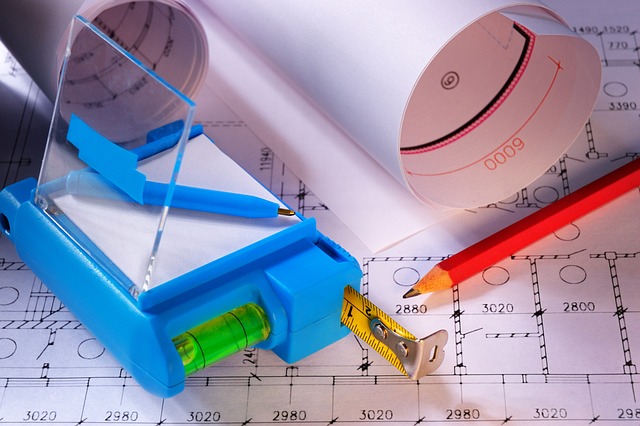In the competitive real estate market, meticulous reference and license verification is crucial for fairness, transparency, and security. This process helps mitigate risks, avoid scams, and foster trust among agents, buyers, and sellers. By verifying credentials against regulatory records and past work examples, professionals ensure a safe and robust ecosystem for all stakeholders. This due diligence prevents risks and ensures reliable, expert service providers in the real estate sector.
In the dynamic realm of real estate, ensuring trust and security in transactions is paramount. Understanding the significance of vet references can safeguard investors from potential pitfalls. This article delves into the critical process of verifying licenses, a crucial step for professionals to mitigate risks. By exploring best practices for thorough reference and license checks, real estate agents and investors alike can navigate complex markets with confidence, fostering a robust and ethical industry.
Understanding the Importance of Vet References in Real Estate Transactions

In the competitive world of real estate, every transaction involves a significant financial commitment and a profound impact on individuals’ lives. Therefore, meticulous scrutiny of vet references is paramount to ensuring fairness, transparency, and security for all parties involved. Vet references serve as a critical verification process, providing insights into the reputation, credibility, and professional conduct of individuals or entities, particularly in real estate deals.
By thoroughly checking vet references, agents, buyers, and sellers can gain invaluable information about each other’s past performances, work ethics, and legal standing. This due diligence is essential to mitigate risks, avoid potential scams, and foster trust. In the context of real estate, where transactions are often complex and high-value, reliable vet references can expose red flags early on, preventing costly mistakes and ensuring a smooth process from initial inquiry to final closing.
Verifying Licenses: A Crucial Step for Real Estate Professionals

In the dynamic realm of real estate, where transactions are complex and stakeholders numerous, verifying licenses is a non-negotiable best practice for professionals. It’s a crucial step that safeguards both the integrity of the industry and the interests of buyers, sellers, and tenants alike. A simple oversight can lead to legal complications and damaged reputations, underscoring the importance of meticulous verification processes.
Real estate agents, brokers, and property managers must exercise diligence when confirming the licenses of their counterparts, vendors, and service providers. This involves cross-referencing credentials with regulatory bodies, checking for active status, and verifying the scope of practice to ensure alignment with the specific services offered. Such thoroughness not only mitigates risks but also fosters trust and transparency throughout the entire real estate ecosystem.
Mitigating Risks: Best Practices for Careful Reference and License Checks

When it comes to vet references and confirming licenses in the real estate sector, careful due diligence is paramount to mitigate risks. A thorough check ensures that you’re dealing with reputable professionals capable of providing quality services. Start by verifying the vet’s or service provider’s license through official government databases. Ensure it’s current, active, and covers the specific services they claim to offer, such as property inspections or appraisals.
Next, cross-reference their references with industry associations or previous clients. Speak to peers within the real estate community who have worked with them before. This multi-pronged approach allows you to gauge their reliability, expertise, and track record. Additionally, don’t hesitate to ask for detailed reports of past work and request examples of their license and certifications for transparency and peace of mind.






